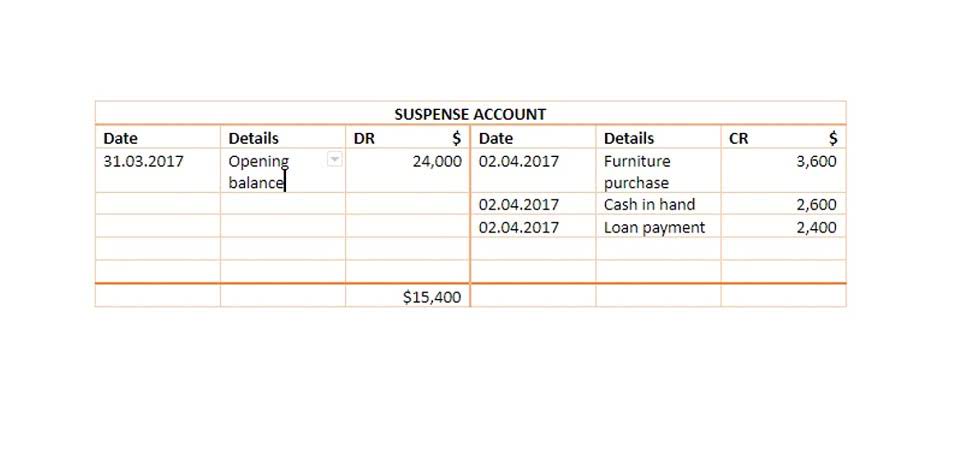
Complying with accounting standards is critical to ensure your nonprofit’s credibility, sustainability, and stability. But this can be hard, especially if you don’t have requisite accounting experience. The truth is, you can’t truly comply with accounting standards without first identifying which ones are applicable to your organization. PwC refers to the US member firm or one of its subsidiaries or affiliates, and may sometimes refer to the PwC network. This content is for general information purposes only, and should not be used as a substitute for consultation with professional advisors.

Compile Financial Statements

Because accrual accounting includes both financial commitments and cash flows, it provides a more complete picture of your organization’s situation as required by GAAP. It also makes filing your Form 990 easier since you’d have to include a disclaimer and do additional calculations if you used the cash accounting method. The federal NSGP funds can be used for things such as purchasing and installing appropriate locks, video cameras, and bulletproof glass. NFP auditors will thus need to be equally cautious when evaluating these judgments. Nonprofit organizations often enter into leases for various assets, such as office spaces, vehicles, https://www.bookstime.com/ or equipment.
- Internal controls are a set of written policies, processes, procedures, and systems of authorization, reconciliation, documentation, security, and separation of duties.
- Although this date may seem distant, the new standard will require a considerable transition effort in advance.
- Section 501 (c)(3) organizations must also adhere to specific tax-filing requirements that are uniquely different from for-profit entities, as outlined in the Internal Revenue Code.
- Nonprofit organizations often enter into leases for various assets, such as office spaces, vehicles, or equipment.
- All public companies in the U.S. must follow GAAP, and private companies generally do as well.
- So if you want tools to simplify your financial information, and make those documents GAAP compliant, having the right kind of accounting software is very important.
Best practices for nonprofit accounting
- Whenever new tax laws pass, the rules outlining how nonprofits must handle and report income change.
- This year marks the 31st anniversary of the Season for Sharing grant program, The Arizona Republic and azcentral.com’s annual fundraising campaign and the largest holiday philanthropic effort in the state.
- The scale of change that the new revenue standard brings will create many opportunities for auditors to offer advice and insight.
- So, it is also of the utmost importance to ensure you properly account for and report your incoming and outgoing money.
- The tax code for nonprofits can be confusing, and tax reforms can affect everything from how you report income to how you manage volunteers.
Although this date may seem distant, the new standard will require a considerable transition effort in advance. Nonprofit organizations, like for-profit entities, must adhere to Generally Accepted Accounting Principles (GAAP) when preparing their financial statements. Most organizations in the U.S. consider FASB standards as authoritative, and as mentioned earlier, many third-party organizations may require an organization to submit financial statements that comply with GAAP.
Are You Ready To Outsource Your Accounting?

This guide will help you stay on top of your nonprofit accounting responsibilities. Business.com aims to help business owners make informed decisions to support and grow GAAP for Nonprofits their companies. We research and recommend products and services suitable for various business types, investing thousands of hours each year in this process. Get our FREE guide to nonprofit financial reports, featuring illustrations, annotations, and insights to help you better understand your organization’s finances.
- However, many nonprofit organizations don’t allocate resources for a professional accountant to manage their finances.
- FASB’s new revenue recognition standard will become effective for most not-for-profit (NFP) entities in 2019.
- There are ongoing efforts to establish International Financial Reporting Standards (IFRS) for nonprofits, which, if successful, could result in greater consistency and comparability of financial information across countries.
- An auditor may conclude that matters such as these need explicit mention in the letter of management representations.
Nonprofit accounting vs. nonprofit bookkeeping
Some of the revenue your nonprofit receives will be restricted, or set aside for specific purposes by the contributor. This most often happens with major gifts and grant funding because donors and grantmakers want to ensure their significant contributions will be used to further aspects of your mission that align with their values. These principles apply assets = liabilities + equity to all types of organizations, but they’re especially useful for nonprofits because, like nonprofit accounting in general, one of their main purposes is to promote accountability. Now, members of the delegation are encouraging Rhode Island faith based entities in need of security assistance to apply for the remaining $210 million in funds available that will be distribute in a second cycle. The federal funding is now available through a Notice of Funding Opportunity published by DHS. The scale of change that the new revenue standard brings will create many opportunities for auditors to offer advice and insight.
